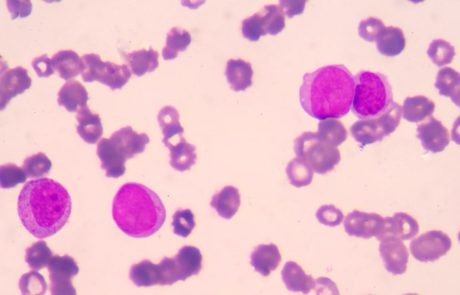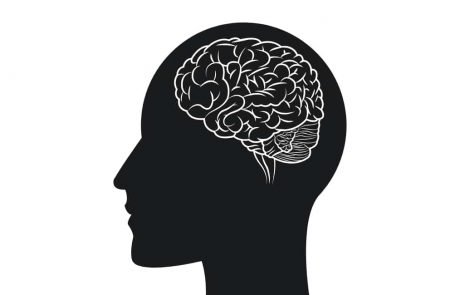A study published on 19 December in Nature Communications has shown that the active ingredient in eyedrops originally being developed to treat eye disease may be effective in treating an
All posts in Public Health
This week, the PsychENCODE Consortium published a collection of 10 research papers in Science, Science Advances, and Science Translational Medicine presenting 3 years of work aimed at understanding the complex
A report presented on 8 December at a side event to the UN Intergovernmental Conference to adopt the Global Compact for Safe, Orderly and Regular Migration in Marrakech, Morrocco has
At a scientific conference on 26 November, a researcher from the Southern University of Science and Technology in Shenzhen, China made the shocking announcement that he has created the world’s
Reshuffling of DNA in neurons may be linked to Alzheimer’s disease, landmark study finds
Scientists have known for a long time that certain cells have the ability to shuffle their DNA around ― called somatic recombination ― and now a “landmark study” published on
European Medicines Agency recommends ‘rediscovered drug’ for treating sleeping sickness in Africa
On 16 November the European Medicines Agency (EMA) approved a new drug, fexinidazole, for treating human African trypanosomiasis, known as sleeping sickness. The neglected tropical disease is endemic to Africa
For the first time, reprogrammed cells have been implanted into the brain of a patient with Parkinson’s disease. Prof Jun Takahashi and his team at Kyoto University reprogrammed skin cells
In an interesting twist, scientists show that obesity may actually have a positive influence on cutting-edge cancer therapies. A new study published on 12 November in Nature medicine (1) has
Computational models and artificial intelligence (AI) have the potential to become extremely useful in the early intervention and treatment of Alzheimer’s disease. Timely diagnosis of the disease remains a challenge
A new report published on 2 November in the journal Science demonstrates how machine learning models based on large genomic and ecological datasets can be used to extract evolutionary signals









